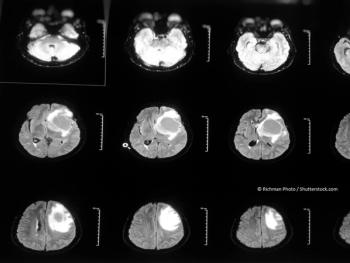
MRI-guided laser interstitial thermal therapy appears to be safe and effective for glioblastomas and may add an average of 2 months to life expectancy.

Your AI-Trained Oncology Knowledge Connection!


MRI-guided laser interstitial thermal therapy appears to be safe and effective for glioblastomas and may add an average of 2 months to life expectancy.
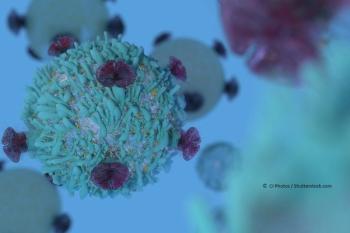
Recent studies on CAR T-cell immunotherapy, and the recent approval of a new agent, add to evidence supporting the efficacy of these therapies.
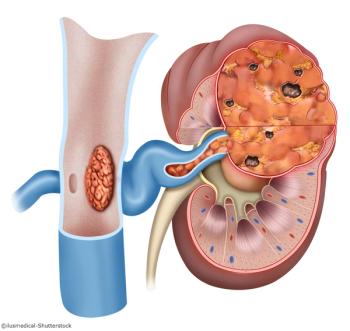
ZHX2 has been identified as a possible new therapeutic target for clear cell RCC patients.
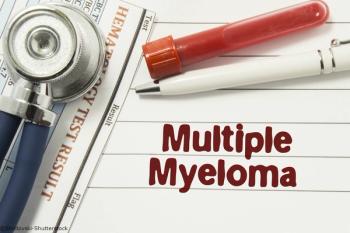
A study shows comprehensive sequencing approach can identify treatment options in patients with relapsed and/or refractory myeloma.
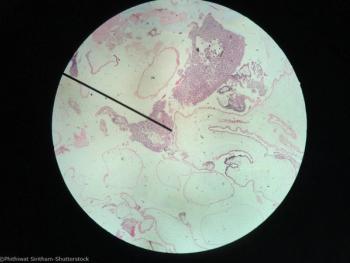
The guidelines will better ensure pregnant cancer patients receive life-saving treatment while preserving fertility.

A study shows that microRNA depresses PLAG1, causing tumor growth in Wilms tumors.
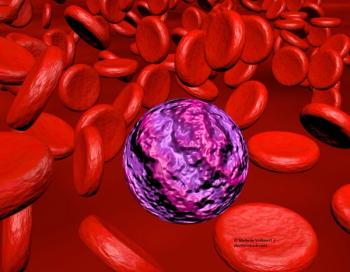
Using mediation analysis, researchers were able to identify three gene expression markers that help explain the observed prognostic difference between certain AML patients.
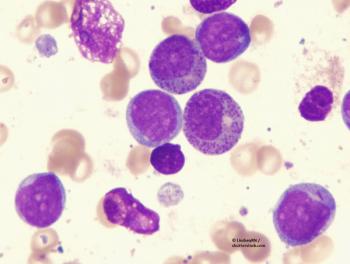
Investigations into the CSF3R gene may help lead to better classification and precise treatment of AML.
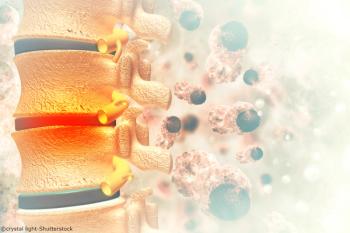
Targeted delivery of nanoparticles may reduce systemic and CNS toxicity in spinal cord tumors.

The STRIvE-01 study explored the safety of CAR T-cell therapy in children and young adults with relapsed or refractory solid tumors.

Researchers believe an assay may be used to detect and monitor dynamics of genetic mutations of patients treated with immunotherapy.

Researchers report that the same driving force that makes Zika so detrimental to unborn babies gives it promise as a cancer treatment.
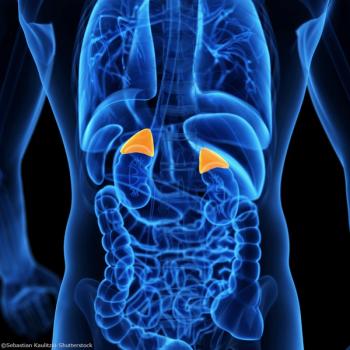
Intravenous Iobenguane I 131 has been approved to treat unresectable, locally advanced, or metastatic pheochromocytoma.
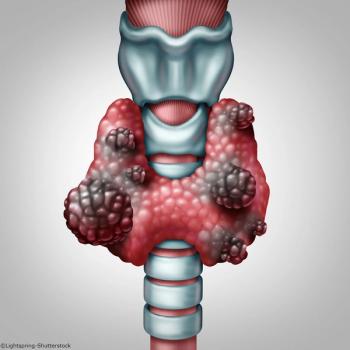
Korean investigators concluded that, in terms of recurrence risk, a qualified high-volume surgeon may be optimal for performing the initial surgery in this setting.

A murine study suggests this engineered combination may offer a major advantage over current CAR T-cell–based immunotherapies.

Oncologists should refer patients who want traditional genetic counseling and/or have preexisting psychosocial factors that would increase risk of an adverse psychological outcome of counseling.

The CoGAPS gene activity algorithm may elucidate molecular changes that occur as H&N tumors acquire resistance to cetuximab, says a Johns Hopkins team.
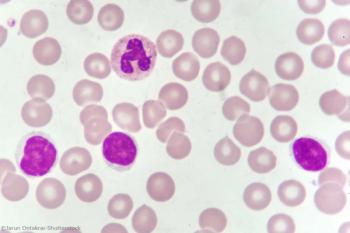
In analyzing over 8,300 mosaic chromosomal alterations in UK Biobank participants, Harvard researchers uncovered specific alterations that may predict for CLL.
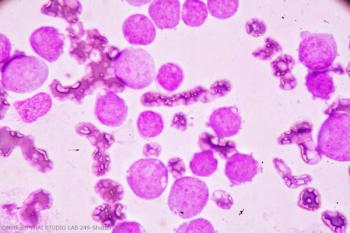
In a large international study, pre-AML cases had greater clonal expansion and enrichment of specific gene mutations; origins of AML were detected > 5 years before it developed.
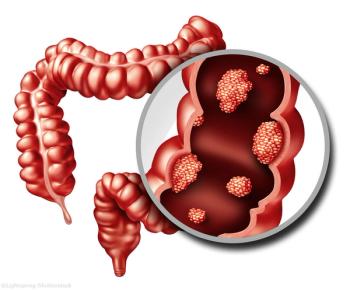
The most common presentation among the younger patients was bleeding, and they were more likely have a family history of rectal cancer.
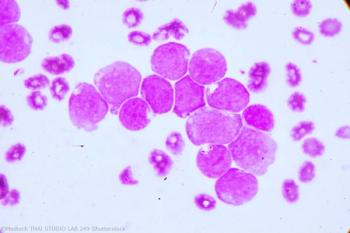
A preclinical study of ibrutinib provides compelling evidence that myeloid leukemias with mutated G-CSFR have abnormal activation of Btk.
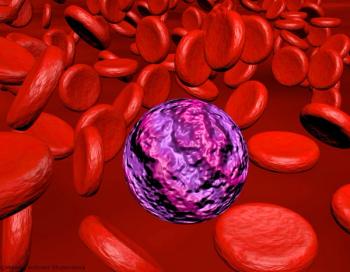
Strong efficacy and safety outcomes with this agent, which targets the molecular driver of an AML subset, have led to its approval in IDH1-mutated R/R disease.

In the emerging era of personalized treatment, it may be time to rethink which surrogate markers are used in AML clinical trials.
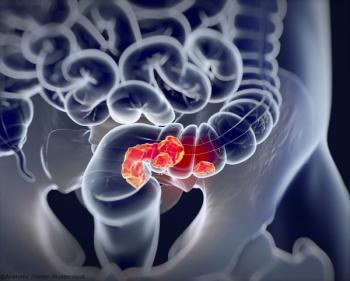
Early‐onset rectal cancer may differ biologically and in its response to multimodality therapy, according to a large retrospective study of NCCN data.
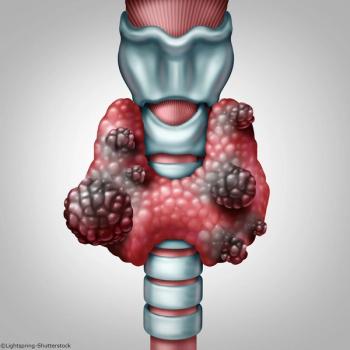
Next-generation sequencing may prove to be a useful tool in the identification of co-mutations associated with resistance, an MD Anderson study suggests.

More than 20% of patients with non–clear cell RCC had a germline mutation, and half of this group could benefit from direct systemic therapy.

An analysis by FDA and NCI investigators recommended further study of the utility of immunotherapy in patients unable to mount adequate immune responses.

These are the first data to highlight the prognostic value of MGMT methylation beyond the IDH1/2 mutation status test currently used to help predict glioma patient survival outcomes.

An Australian team is studying a DNA-based vaccine that the lead investigator feels could be “transformative” in the care of advanced colorectal cancer.

Many MM patients experience a diagnostic interval longer than 3 months until diagnosis is confirmed, and several factors may account for this.